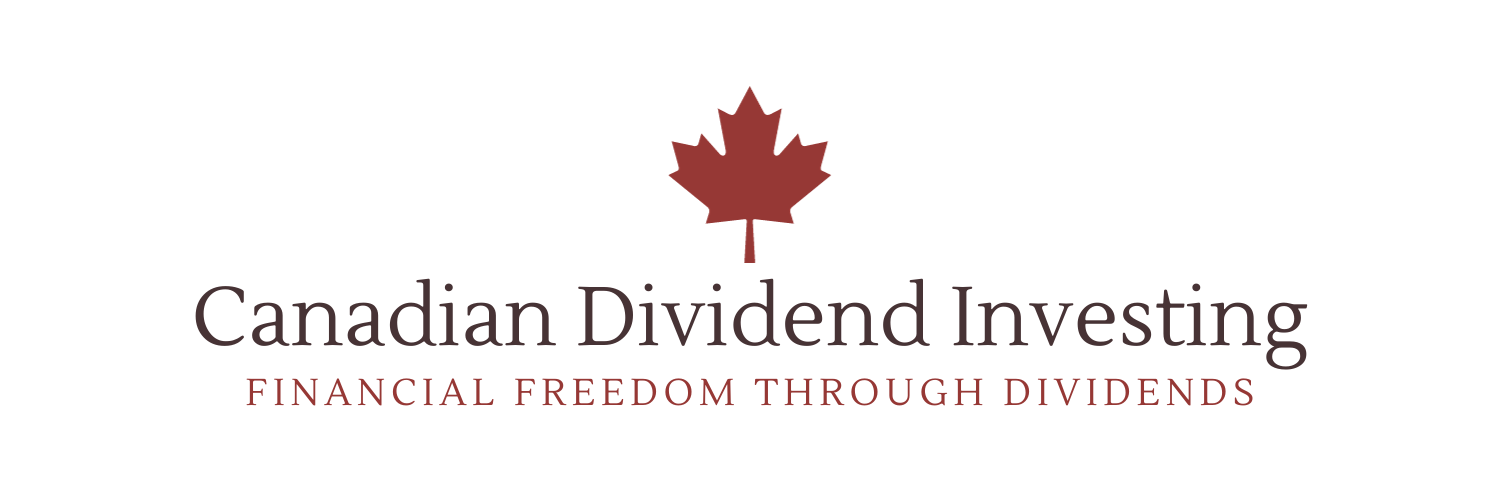There’s an excellent book I read a few years ago called The Case Against Education, written by Bryan Caplan.
That’s an affiliate link, by the way. I’ll get a couple nickels if you click on that bad boy and buy something. All Amazon affiliate dollars are immediately reinvested into more books.

The book was first released in 2018, and I discovered it a short while later. I eagerly dug in, keen to finally prove what I had told everyone for years. Education doesn’t matter! What really matters is ambition, intelligence, and hard work, not the number of years you sit in a classroom.
I never went to college, for a few reasons. Firstly, when I was 18, I had one simple goal. I wanted to be rich, dargbloomit. Going off to university might have been the best long-term move, but I had spent the last 12 years sitting in classrooms. I was tired of it. I knew I needed capital to reach my goal, and the best way to get it was to go to work. Immediately. So I did. Plus, I enjoyed work. It was very tangible.
That didn’t mean I’d turn my back on education. I also knew I’d need to learn more to survive in the world of business. I’d just have to do it during my leisure hours.
I invested in real estate back then, so I’d scour the internet for real estate investing advice and tips. I even printed off Alberta’s Landlord Tenant Act and read the entire thing, hoping to gain some understanding that way. When I moved onto other types of investments I did my best to learn all about them, too.
Despite not pursuing any conventional higher education, all my saving and investing was paying off. I was well on my way towards becoming independently wealthy. So I was excited to read about why my life’s path was the right one.
The book did validate my prior opinion, but not in the way I expected.
Caplan argues education is pretty useless, especially at the university level. Students aren’t focused on retaining info. They’re incentivized to complete degrees. I whole-heartedly agreed with that part, obviously.
Everyone benefits in such a situation. Colleges get paid for four years of tuition, books, meal plans, and housing instead of just one or two years. Students graduate, which is the whole purpose of going in the first place. And prospective employers get a gauge of how useful a new graduate is.
All sorts of graduates flood out of schools each year without a clue about working in their chosen field. They learn on the job.
But Caplan argues that college still has a very important utility. College is useful because it serves as a pretty damn effective signaling mechanism. It confirms the attendee is smart enough to get through 16+ years of progressively harder schooling, that they have enough sticktoitness to complete a long and arduous journey, and they value conformity enough to take the obvious path, rather than doing their own thing. Employers are looking for these types of people and new grads are seeking careers, so it’s a natural match. No wonder seemingly every job posting in 2023 requires a bachelor’s degree. Just like in 2013.
At first, I was pretty upset with what I read. I knew plenty of smart, ambitious, and hard-working non-college grads who played by the rules. Why were they excluded from many of the best jobs? Hell, why was I excluded from them?
And then I thought about it more critically, and I realized two things. Not only was Caplan right, but there was no changing it. College works pretty well as a signaling mechanism. For every 39-year-old early retiree who did well despite never entering a university classroom, there’s 10 non-attendees who work hard, struggle to get ahead, and regularly get yelled at by a spouse named Beulah. Ain’t nobody got time for sorting through all that, just to find the gems.
Anyone honest who has ever been involved in hiring will tell you the whole thing is basically a crapshoot. It becomes easier only if you have ways to eliminate large amounts of candidates. Not a whole lot easier, mind you, but it helps. That’s where signaling mechanisms come into play. College is just one.
How do I know it’s better to only hire college grads? Simple. Because there is a direct correlation between years of education and the amount of money the average person makes. Even as all sorts of people end up in careers they never envisioned during their college years.
The data is from 2015, but it’s still relevant today. Hell, it might even be a wider gap today.


The gap turns into some pretty serious money over a 40 year career. If the average bachelor’s degree holder makes $25k more than someone who has only a high school diploma, that’s a difference of $1M over a four decade career.
Signaling mechanisms and dividend growth
This is an investment newsletter, so let’s pivot back to that topic.
Lately I’ve noticed a certain type of tweet making its way around the Twit-o-sphere. Someone — usually a hardcore indexer or financial advisor who puts clients in such products — declares that dividends are effectively useless, a policy decision taken on by misguided corporations who would undoubtedly be better to keep all their spare cash on hand.
The reasoning behind this quickly goes from reasonable to, frankly, kind of bullshit, the kind of stuff that looks good in an academic paper but doesn’t exactly work in the real world.
Let’s start with some of the better arguments. Why insist on dividends, they say, when you can just sell a stock and create your own dividend? Sure, this works a lot of the time, but you do run the risk of having to sell in the middle of a bear market. This strategy is most effective either with a decent-sized position in bonds or a cash buffer.
Another argument is dividends are double taxed. They’re taxed once when the corporation earns the profit and once in the hands of the shareholder. The alternative, which is to again simply sell shares when you please, is also taxed twice — once when the corporation earns the profit and once when you pay capital gains on the gain. You’re forced to sell to crystallize the gain. Dividend investors, meanwhile, loathe selling, content to collect their precious income stream. At the end of the day, both strategies end up getting double taxed. The government always gets their cut.
Next we have the dividends are magic argument. Certain dividend aficionados argue that dividends are essentially magic. Say we have a stock worth $100 that pays a $4 dividend. It pays the dividend and is still worth $100. Magic. Anti-dividend folks (and frankly, dividend folks with a brain) say that argument is ridiculous. I’m the first to agree — but with a twist.
Yes, that stock is only worth $96 after paying out a $4 dividend. Anyone who argues otherwise is a fool. Except I, as the owner of the organization, got the $4 dividend. I still have $100 worth of value. And if I want to, I can keep the compounding going by reinvesting that $4 into a new stock. Or I can do as so many other dividend investors do and DRIP it into additional shares. Dividends are a portion of total returns.
Finally, we have my favourite argument. There’s all sorts of empirical evidence dividend stocks outperform non-dividend payers. It’s true in both the United States and Canada, and over long time periods too. Here’s the Canadian info, from RBC:

What a chart. I think I’m in love.
Dividend haters are quick to point out good results are driven by underlying business performance — and they’re right. Growing dividends come from a growing bottom line. If profits aren’t going higher it all eventually blows up. It’s just a matter of time.
Anti-dividenders (totally a word, red squiggly line!) declare victory on this point, saying dividend growth is just a by-product of an excellent company. But here’s where they especially miss the point. Because just like graduating from college is a good signaling mechanism, so is dividend growth.
Do I really care why it works as long as it does work?
Don’t overcomplicate it, stupid
As I’ve mentioned before, dividend vs. non dividend debates are especially stupid. Nobody’s mind is being changed. Each side is just preaching to their own choirs.
The fun part about investing is there are countless different ways to make a buck. I was a poor deep value investor, but there are plenty who made a lot of money on the strategy. Some invest in undervalued rental properties. I know somebody who has more than 50% of their portfolio in merger arbs and other special situations. Or you can build a business lending money to dirtbags, like someone else I know. Every one of these can work, providing you have the personality for it and the patience to get good at it.
But for most investors, a simple strategy is best. The average person essentially has two strategies that they can pull off while still having a normal life. They can put all their cash into low-cost index funds, or they can embrace dividend growth.
In fact, I’ll go a step further. Most investors can (at an absolute minimum) match the performance of the index by blindly buying a portfolio of dividend growers and then punting them the minute they freeze or cut the dividend. No research necessary. Many will do much better and beat the market. Again, without a lick of research.
That’s how powerful dividend growth is. It is perhaps the most powerful signaling mechanism in investing. And that’s why I’ve embraced the strategy. I just sometimes get distracted by value stocks.
The bottom line
If dividend growth is such a powerful theme, why bother researching at all?
There are two ways a dividend growth investor can outperform the market. They can be patient and buy at the right time, getting excess return when multiples expand. Or they can choose the best dividend growers, stocks that are poised to perform even better than the rest of the dividend growth universe.
That’s why I have this website. I’m trying to find those winners. And I think many of them are in hidden corners of the market, away from the usual suspects of the Canadian dividend investing world. I love Canadian banks and telecoms as much as the next guy (and own a bunch of both), but I think a well-rounded portfolio includes more than that.
Dividend growth is an excellent first step. That’s why I insist on stocks that pay a dividend. The next step is picking and choosing the best dividend growers. That’s the fun part. It’s also incredibly difficult, but at least I’m making it easier by narrowing my search parameters. Insist on dividends and I think your future self will thank you, both from an income and a total return perspective.
Before you go, be sure to check out our free newsletter. All the best dividend investing tips, tricks, and advice straight into your inbox, every Sunday morning. No BS, no spam, just the good stuff.



